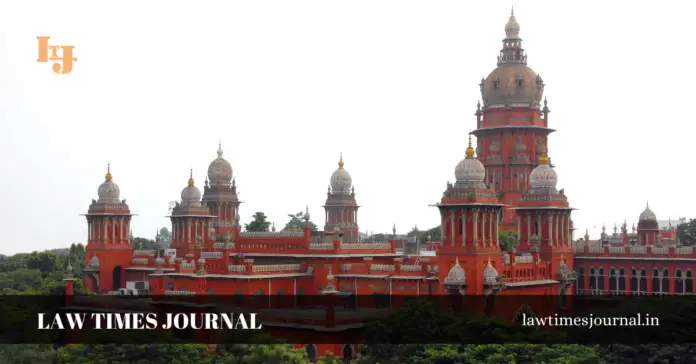
Hon’ble Madras high court in the instant case remarked that “after applying the essence of the historic Judgement of Puttaswamy versus. Union of India where the Right of Privacy has been held to be a Fundamental Right under Article 21 of the Indian Constitution it can be held that even a person, who is accused of committing an offense and who is subsequently acquitted from committing that offense will have right to get his name redacted from the order passed by the Court to protect his Right of Privacy.”
Subsequently the Madras high court after hearing a plea filed against the judgment of the trial court where the trial court convicted the petitioner herein under section 317 and section 376 of Indian penal code,1860 acquitted the petitioner herein after dealing with the merits of the case and exhaustively dealing with the law governing the case.
Furthermore, the petitioner filed a plea before the madras high court contending that Even though the petitioner had been acquitted by the hon’ble madras high court, his name is getting reflected in the judgment of hon’ble high court aforesaid whenever his name is typed on google which is causing serious impact on the reputation of the petitioner in the eyes of the society.”
In the case herein, It is Noted by the Hon’ble bench comprising justice N. Anand Venkatesh that “there are laws which are enacted protecting the identity of women or children victims but, This right has not been extended to an accused person, who ultimately is acquitted from all charges”
Further, The court also highlighted how social media is playing a crucial role in the world and how it can impact the life of a person badly in cases like the present one.








